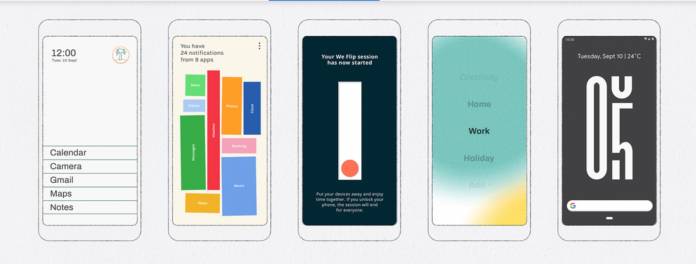
Google has put its users’ Digital Wellbeing as one of its priorities as more studies are showing that there needs to be a balance between technology and real life. They’ve included a huge part of this in the Android 10 update and now they’re launching a platform for designers and developers to build similar features and products into their own apps and services. Digital Wellbeing Experiments is an open-source platform and they’re launching with several apps you can already try.
One of the joys of being on Android is that there are a lot of open-source platforms where developers can experiment with creating apps and even those that do not have experience yet in that regard can learn to put their ideas into an actual product. This is one of those things that you can try out as Digital Wellbeing Experiments is a collection of ideas and tools so that developers and designers can create more features and products that can help users take care of their digital wellbeing.
Some of the apps that the Google Creative Lab has made available at launch include six “helpful and even playful digital wellbeing experimental apps”. Unlock Clock is a counter that shows you how many times you unlock your phone and hopefully convinces you to stay away every once in a while. Post Box lets you schedule when your notifications will appear if there are times when you cannot be distracted. If you’re going out with family or friends, you can download the We Flip app and you can “ceremoniously” flip on a switch that will set your phones to “Do Not Disturb” mode.
Paper Phone is an app that lets you print a personal booklet that should include your contacts, maps, schedules, etc. for those times when you want to leave your phone at home and just go back to paper for a day or so. Desert Island lets you just keep your essential apps for a day and mutes all other apps that can distract you. Lastly, the Morph app will adapt your phone to what you are doing, based on the time or place. It will let you just access the “right apps at just the right time”.
If you’re interested in creating an experiment, you can download the Hack Pack PDF that already includes an overview, user insights, information on APIs, idea templates, etc. You can also get the open-source code and components on Github.









